Webinar: Protect the CFPB – A Supreme Court Briefing
Linda Jun, AFR-EF senior policy counsel, participated in a webinar hosted by Demand Justice on the Seila Law vs. CFPB case that was before the Supreme Court.
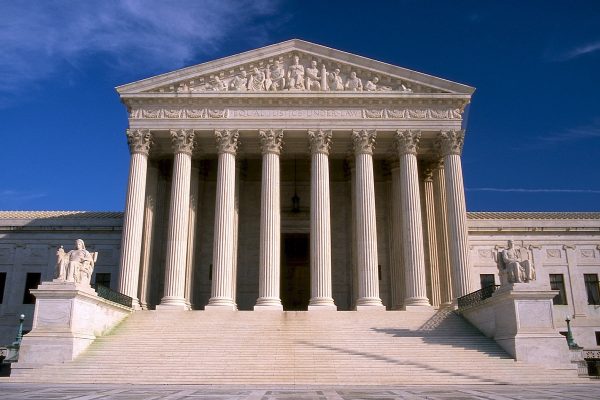
Linda Jun, AFR-EF senior policy counsel, participated in a webinar hosted by Demand Justice on the Seila Law vs. CFPB case that was before the Supreme Court.
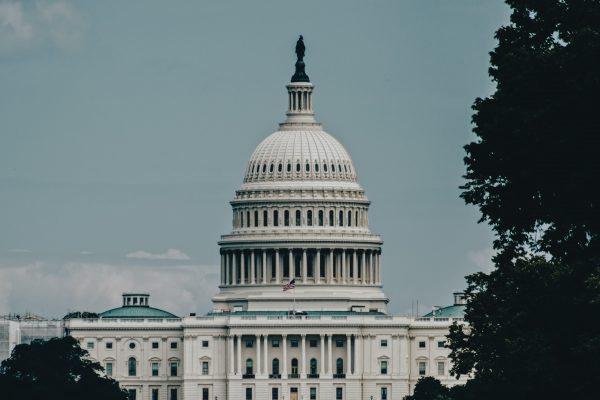
This legislation will create vitally needed new public protections by putting constraints on the collection, use, sharing, and selling of our personal data by financial services companies and all firms.



This legislation will create vitally needed new public protections by putting constraints on the collection, use, sharing, and selling of our personal data by financial services companies and all firms. The Data Accountability and Transparency Act’s bright-line approach appropriately shifts the burden of privacy protection away from consumers, who have minimal resources to protect themselves, and toward corporations, which profit immensely from the aggregation of our data.
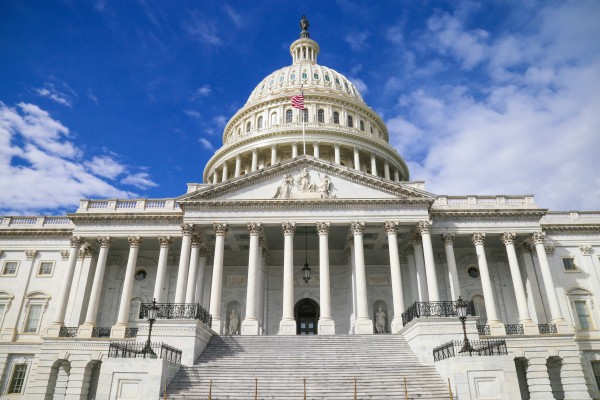

Lawmakers must dramatically step up the quality and quantity of data that the executive branch releases on programs designed to provide relief from the economic downturn stemming from the COVID-19 pandemic, according to a letter from 26 labor, community, consumer, and other organizations.


Detailed and timely data disclosures are required so Congress, Inspectors General, and the specialized Coronavirus oversight bodies created by the CARES Act can ensure Coronavirus expenditures and benefits are being delivered to the public as intended.
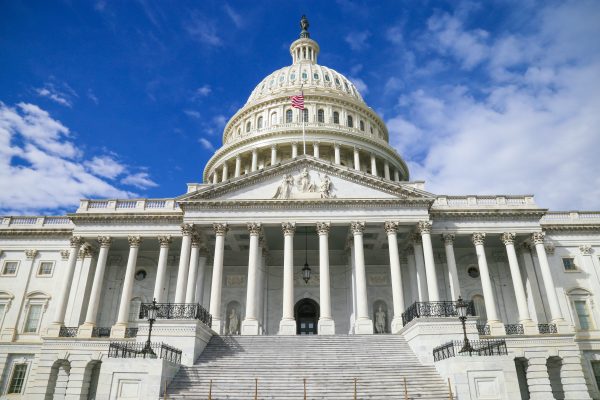

Detailed and timely data disclosures are required to ensure Coronavirus-related expenditures and benefits are being delivered to the public as Congress intended.


Trump Administration and Congressional Republicans are using COVID-19 health crisis and economic recession to double down on tax cuts for the top 1 percent.
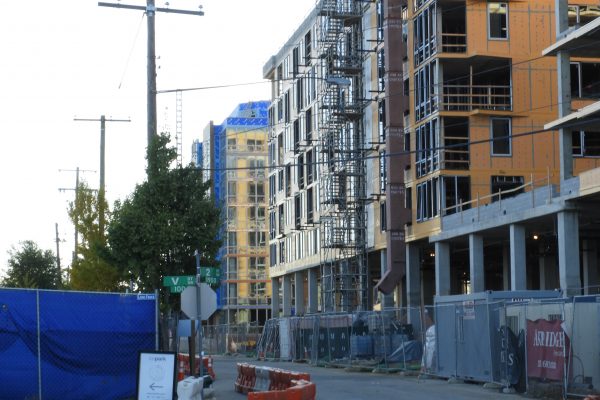

The Opportunity Zone tax break is likely to exacerbate the affordable housing crisis and displace residents of color and lower-income residents while rewarding rich real estate investors with a lucrative tax break, according to a new report by the Alliance of Californians for Community Empowerment Institute, Americans for Financial Reform Education Fund, Kansas City Tenants, and New York Communities for Change.


The Opportunity Zone (O-Zone) tax break was created by the 2017 Republican tax cut legislation. It was promoted as a way to incentivize investment in economically disadvantaged areas but it is marred by poor design and flawed implementation so that it will most likely provide tax breaks for investments in already booming cities and gentrifying neighborhoods. The program incentivizes investments that aim to maximize returns in lower-income areas where residents are vulnerable to economic displacement pressures.


AFR sent a letter in support of the Senior Investor Pandemic and Fraud Protection Act.